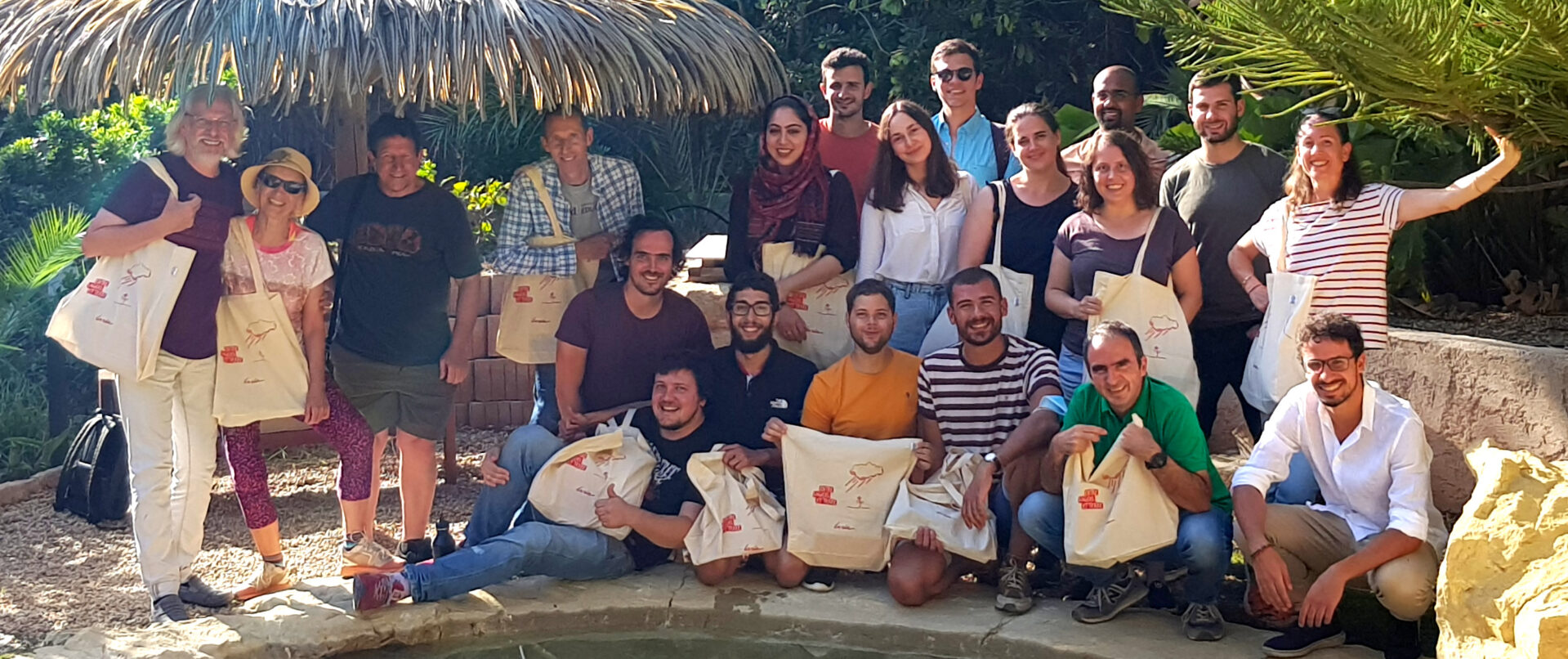Conférencier : Samir Perlaza, membre permanent de l’équipe NEO
Titre : The Generalization Error of Machine Learning Algorithms
Horaire et date : 29 Octobre 2024 à 14 heures, Amphithéâtre Morgenstern (bâtiment Kahn), Inria, Sophia Antipolis
Enregistrement vidéo : Bientôt disponible !
Résumé : In this talk, the method of gaps, a technique for deriving closed-form expressions for the generalization error of machine learning algorithms is introduced. The method relies on two central observations: (a) The generalization error is an average of the variation of the expected empirical risk with respect to changes on the probability measure (used for expectation); and (b) these variations, also referred to as gaps, exhibit closed-form expressions in terms of information measures. The expectation of the empirical risk can be either with respect to a measure on the models (with a fixed dataset) or with respect to a measure on the datasets (with a fixed model), which results in two variants of the method of gaps. The first variant, which focuses on the gaps of the expected empirical risk with respect to a measure on the models, appears to be the most general, as no assumptions are made on the distribution of the datasets. The second variant develops under the assumption that datasets are made of independent and identically distributed data points. All existing exact expressions for the generalization error of machine learning algorithms can be obtained with the proposed method. Also, this method allows obtaining numerous new exact expressions, which improves the understanding of the generalization error; establish connections with other areas in statistics, e.g., hypothesis testing; and potentially, might guide algorithm designs.
À propos de Samir Perlaza : Samir s’intéresse aux aspects théoriques et pratiques de la théorie des jeux et de la théorie de l’information. Les domaines d’application qui motivent sa recherche comprennent l’apprentissage automatique, la prise de décision, les systèmes de communication et les systèmes électriques.

